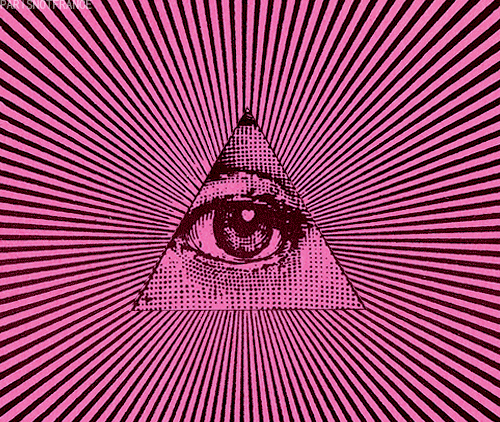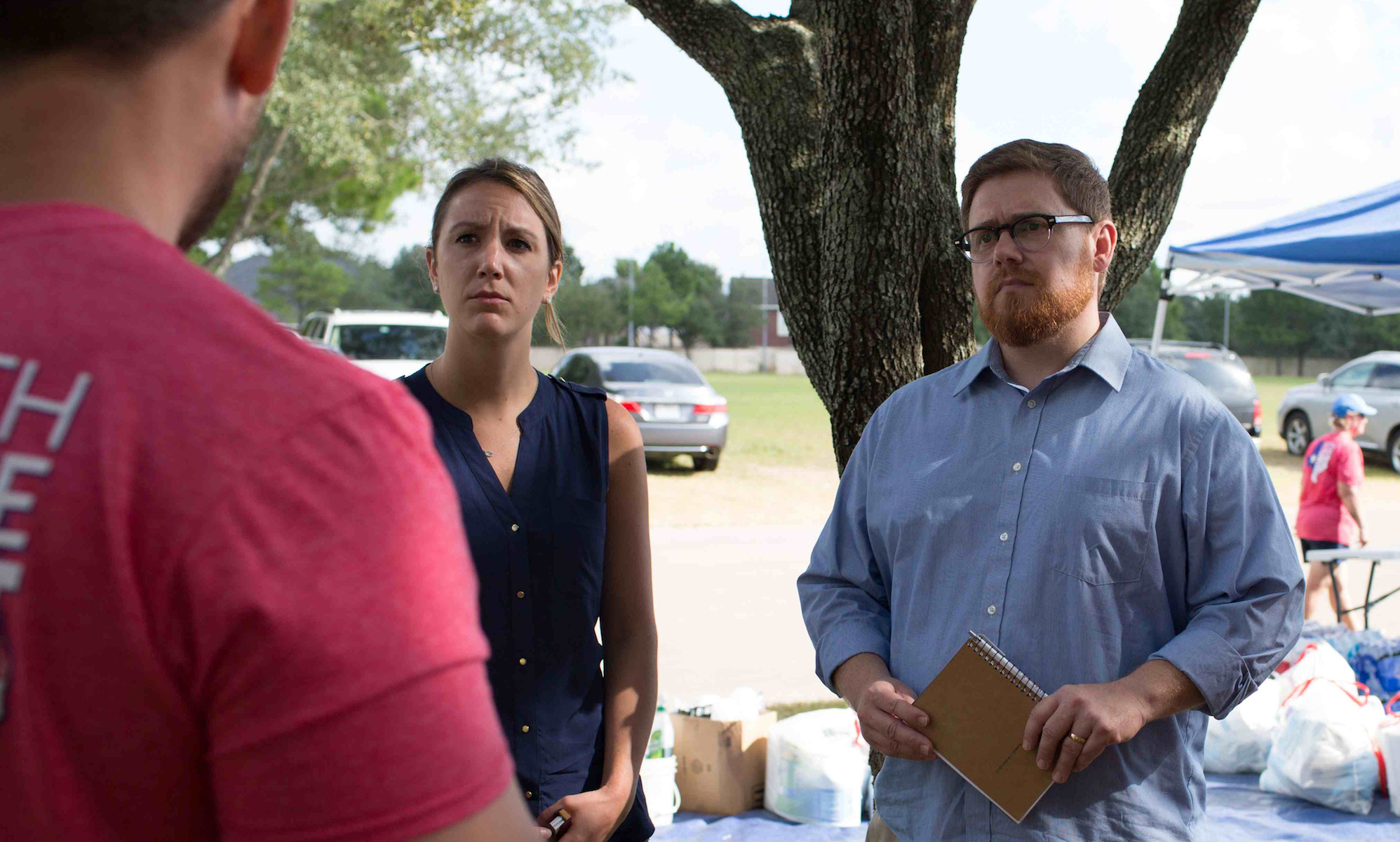philosophy
Here’s why the Irish president believes students need philosophy.
What happens to a person’s identity when they are forced to play a hypermasculine role just to survive?
Keith Whittington, Professor of Politics at Princeton University, breaks down three key free speech arguments by John Stuart Mill.
▸
6 min
—
with
The recent debate between Slavoj Zizek and Jordan Peterson lived up to the hype.
Philosopher Alan Watts thoughts on the the all-pervading presence of nature.
Biographies, treatises and stories on the occult and its strange cast of characters.
Is it saying too much to say something doesn’t exist when you have no evidence either way?
Discover the holistic and all-encompassing philosophies of the ancient East.
Victims are moral agents rather than moral patients.
Perpetual worry doesn’t have to be your default mindset.
Unwind the mind with these thought-provoking Alan Watts quotes.
Forget everything you think you know about meditation.
The hard part was keeping the list down to ten.
As Facebook and YouTube move to moderate anti-vaccination content, Amazon has given no indication that it plans to do the same.
The I Ching serves as a foundation for many Eastern philosophies and Western mathematics.
Our culture has its own mistaken assumption: that the individual is an autonomous human intellect independent from the social environment.
Numerous critics have called for the ban of the infamous instruction manual for violent civil disobedience.
The brains of two genetically edited babies born last year in China might have enhanced memory and cognition, but that doesn’t mean the scientific community is pleased.
Why do people buy into stories that are clearly lies? Hannah Arendt can help us understand.
Creativity can bring about unchecked harm, but it’s up to us how we wield it.
“I should be as happy as I’m ever going to be right now, but I’m not. Is this it?”
Jamie Aten is an expert on the science of dealing with Really Bad Things.
Some books had a profound influence on Einstein’s thinking and theories.
What’s the role of evil in storytelling?
Philosophers and practical ethicists might gain something from considering the Overton window of political possibilities.
What would you do if money was no object?





























